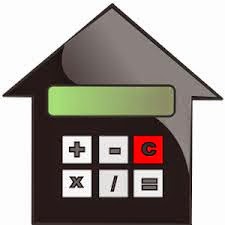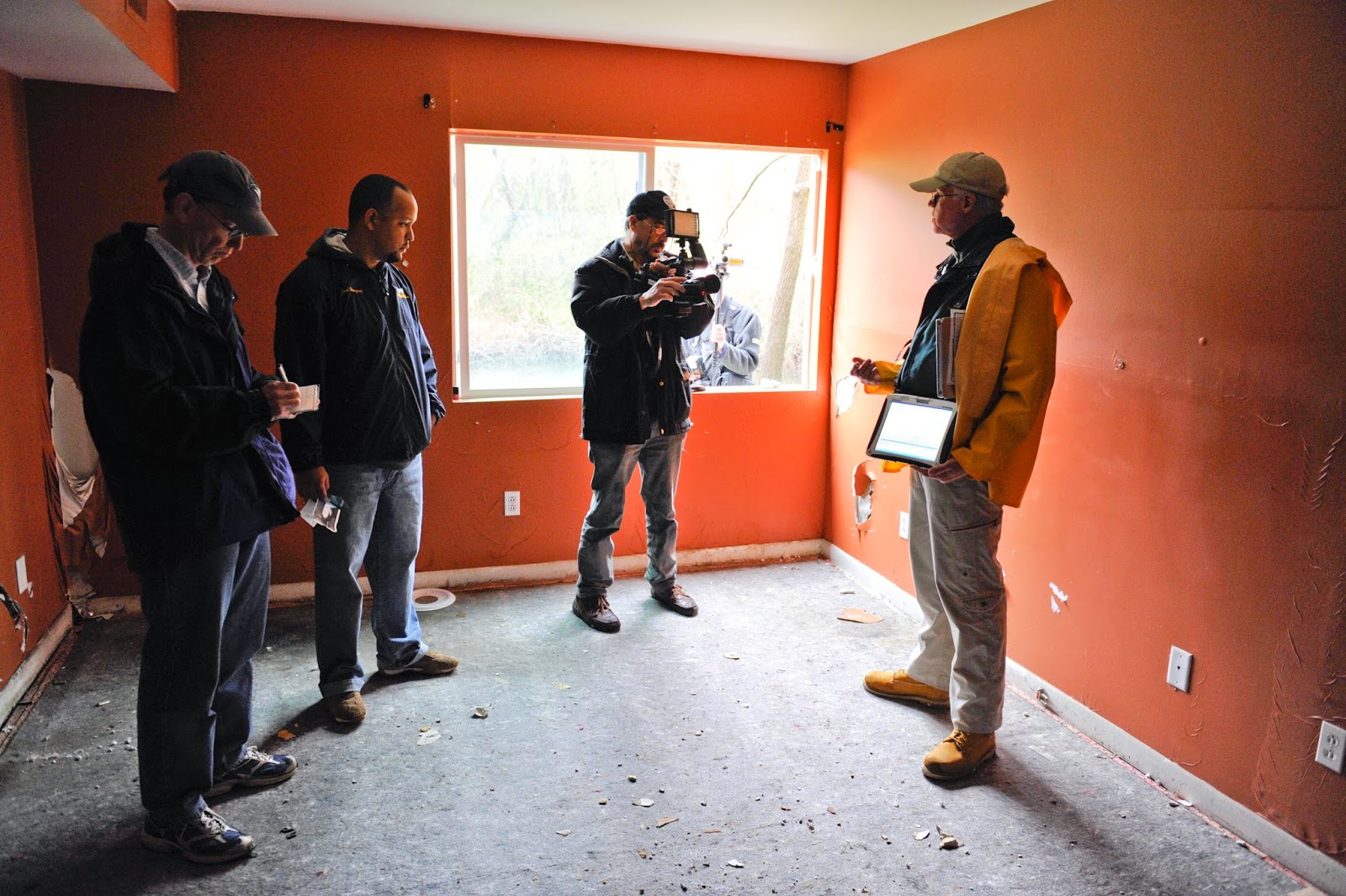What are Some of the Benefits of a Reverse Mortgage?

A reverse mortgage is a type of home mortgage that allows seniors who own their home to access the equity in their home. Instead of making payments to a lender, the homeowner receives payments from a lender. This can be through a lump sum, monthly payments to the homeowner, as a line of credit, or a combination of the three. What are some benefits of a reverse mortgage? Access to Cash A major benefit of a reverse mortgage is access to cash. Senior citizens who live on a fixed income may find that a reverse mortgage is an excellent way to come up with money to help their budget. For example, a senior who is retired and living on a fixed income may find it difficult to make ends meet, but a reverse mortgage allows them to draw off of the equity in their home to meet their budget.





















